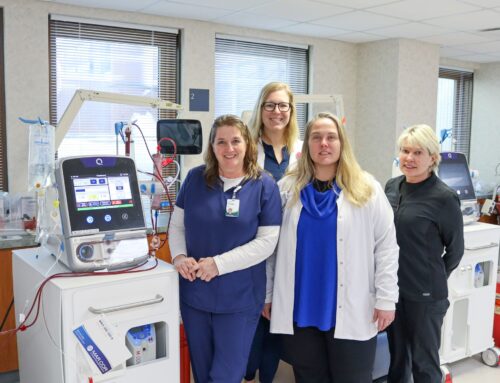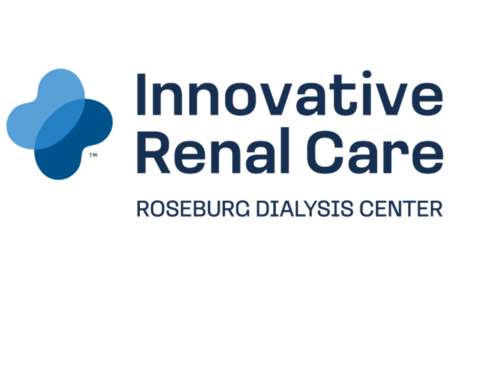We all know the health benefits that can be had when avid smokers cut the butts out of their daily routines but smoking is a habit that can be very difficult to kick. When it comes to kidney care specifically, studies have shown that quitting smoking may slow the decline of kidney health and even reverse some of the risks brought on by tobacco use.
Health Risks of Combining Smoking and Kidney Disease
The CDC reports that at least 16 million Americans live with a smoking-related illness, and CKD (chronic kidney disease) is one of them. Smoking is also linked to heart disease, which is already an increased risk factor for people with CKD. In fact, many people with CKD end up passing away from heart disease before they even reach end-stage kidney disease (ESRD). Plus, some studies suggest that smoking can speed up the progression of CKD.
According to the World Health Organization (WHO) and the CDC, smoking harms nearly every organ in the body. Both organizations have documented many health issues and diseases tied to smoking, and for people with CKD, these risks can be even more severe. They include but are not limited to:
• Cancers of the kidneys, lungs, bladder, stomach, liver, mouth, throat, pancreas, cervix, colon, and other organs
• Lung and heart disease
• Stroke
• High blood pressure
• Diabetes
• Chronic Kidney Disease (CKD)
• Chronic obstructive pulmonary disease (COPD)
• Gum disease
• Asthma
• Pregnancy complications
If you smoke or are around secondhand smoke, your risk of developing health issues that can lead to chronic kidney disease (CKD) increases. Here are a few ways smoking can put stress on your kidneys:
• Reduced blood flow to the kidneys and other organs, limiting the nutrients and oxygen they need.
• Peripheral arterial disease, which narrows blood vessels, including those around the kidneys.
• Arteriosclerosis, where arteries thicken and harden, even the ones directly supplying your kidneys.
The bottom line? Smoking’s impact on your blood vessels can lead to serious kidney issues, so quitting and avoiding smoke exposure can make a big difference for your kidney health.
Need help quitting? Talk to your doctor about the best approach for your lifestyle and health. Here are some of the most common resources utilized:
Counseling and Support: Works best when combined with other therapies listed below
Medication
Nicotine Replacement Products: Patches, gums, lozenges, inhalers, and nasal sprays
Quit Lines: 1-800-QUIT-NOW
Redirected Chewing: sugarless gum, hard candy, raw carrots, nuts or sunflower seeds





